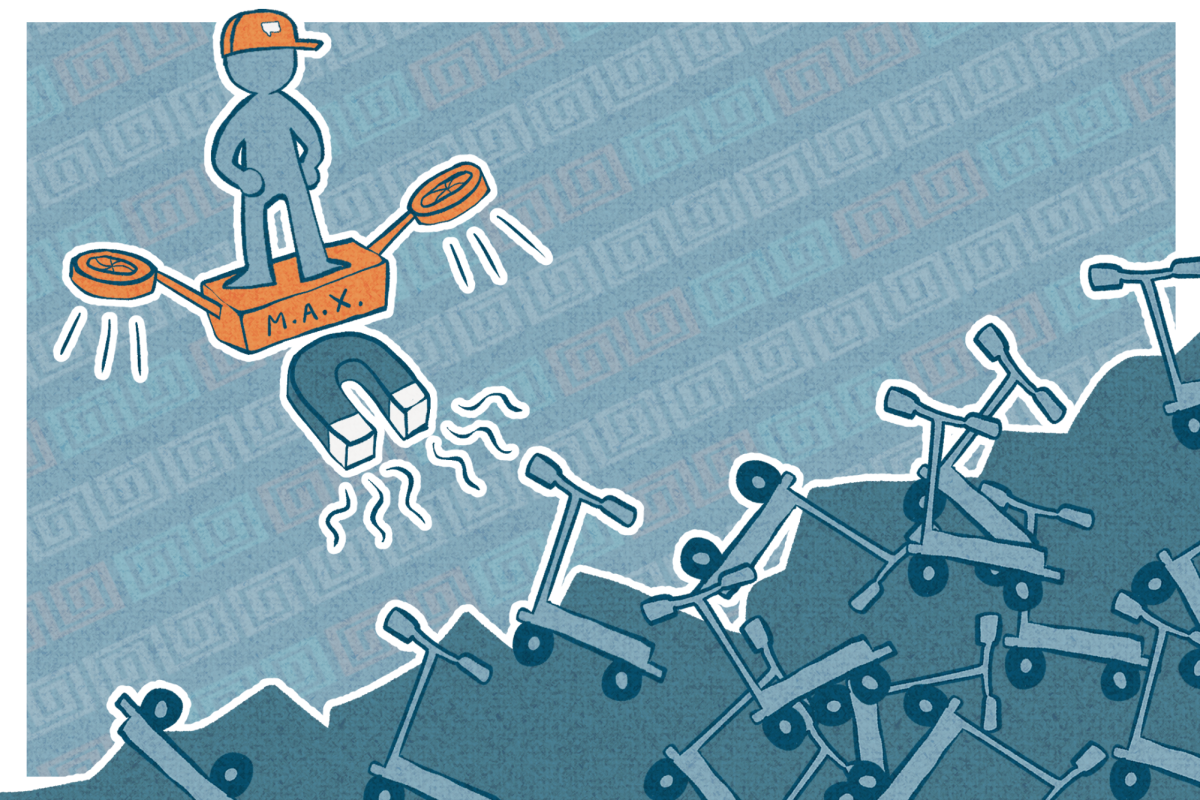Controversy has arisen in recent weeks over the status of a “tent city” next to the Catholic Worker House on Randolph Street in Champaign. Approximately ten homeless people have camped at the site for several weeks.
The Worker House has told the members of the group, called Safe Haven, that they must leave by the end of the month. This is due to the facility closing in August along with the fact that the city claims the tent community violates the city’s zoning laws.
We recognize that the current location is not the best for the tent community, but the city should allow the group to continue to camp in another location. Homelessness is a serious local problem, and a tent community is a sound and low-cost method of providing shelter to the homeless in the short term.
According to a story in the News-Gazette Sunday, Champaign’s City Council is reluctant to embrace the idea of a tent community.
But given the city’s limited options for homeless people, Safe Haven is an opportunity that should be pursued.
Get The Daily Illini in your inbox!
Right now, Champaign has the TIMES shelter for men and a battered woman’s shelter. These facilities cannot accommodate everyone in the target population, and the city has no shelters that accept entire families. While long-term permanent housing would be ideal, the city lacks the funds or the initiative at the moment to pursue that option.
If they are able to acquire a permanent site, Safe Haven’s organizers plan to expand their community to accommodate 25 people with heated semi-permanent dwellings, and add communal bathroom and kitchen facilities.
Such housing would be a great improvement for homeless people that are currently forced to sleep outside and live without reliable access to food and water. Similar communities have succeeded in other cities, including Dome Village in Los Angeles, which operated for 13 years. Semi-permanent housing is cheaper to maintain than shelters, and gives residents a sense of independence and autonomy.
No one expects the tent community to solve the problem of homelessness. But in a time of rising budget deficits and cuts to social service programs, Champaign can’t afford to wait for the perfect solution.
The city council and its “expert” advisers have no right to tell people with nowhere to sleep that the tent community is not good enough without offering quality solutions.




